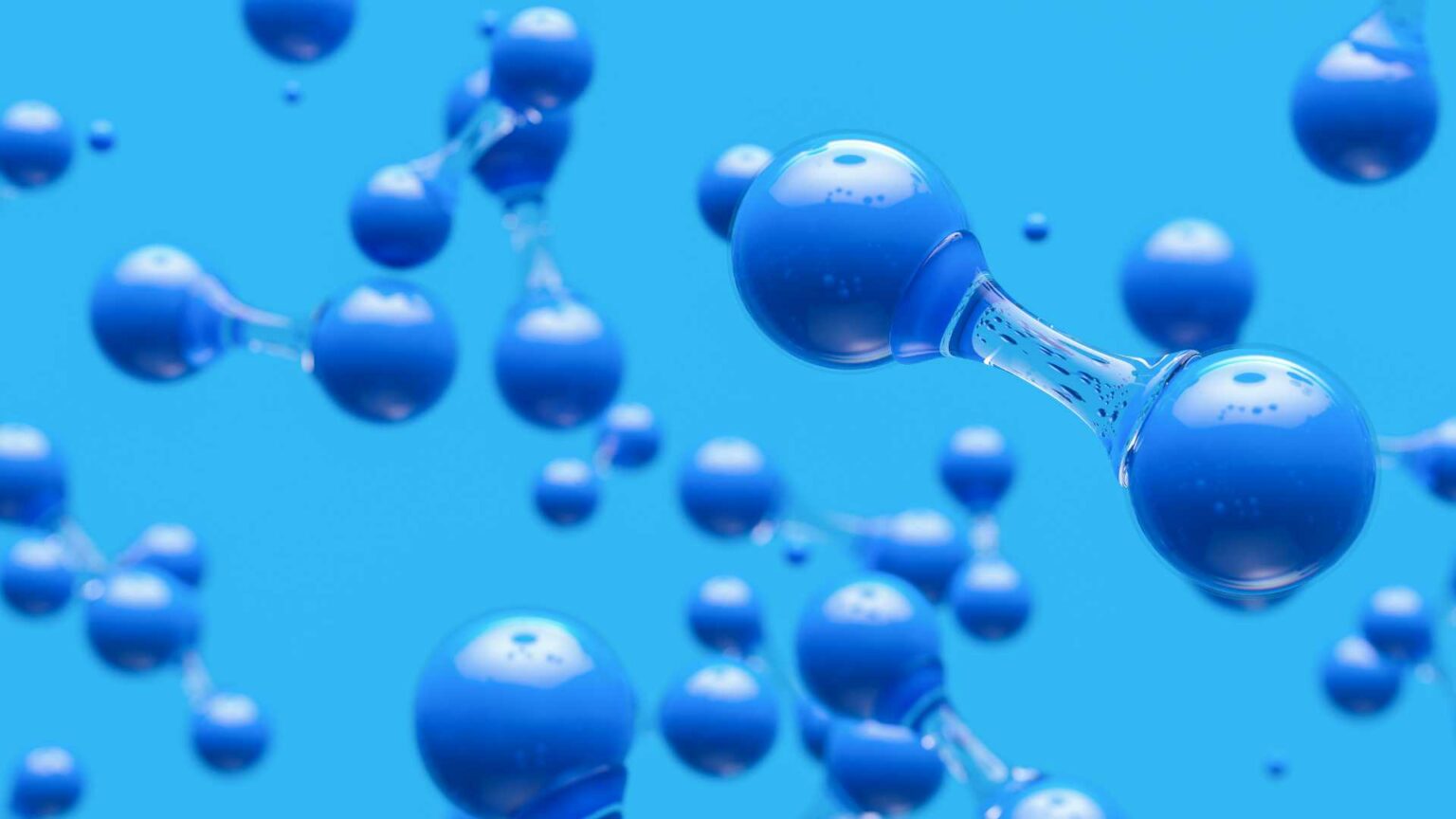The European Union’s strategy for green hydrogen, outlined in the REPowerEU plan, aims to produce and import 10 million tonnes of green hydrogen by 2030.
However, this ambitious target faces significant challenges, particularly regarding the distribution and consistency of private projects, the vast renewable energy capacity required, and the economic sustainability of these investments. Additionally, cooperation with Africa, which could play a crucial role in achieving these goals, remains underdeveloped.
The European Union has set an ambitious target to rapidly reduce dependence on Russian fossil fuels by producing and importing 10 million tonnes of green hydrogen by 2030. However, the feasibility of this goal is questionable. According to the national strategies of Germany, Spain, France, and Italy, these countries plan to build 30.5 GW of electrolysers and produce just over 2.6 million tonnes of green hydrogen by 2030. This represents only 26% of the EU’s target, highlighting a significant gap between the desired and actual production capacity.
Moreover, the International Energy Agency (IEA) database indicates that private companies have declared investment projects that could result in over 100 GW of electrolysers in Europe by 2030. Despite this optimistic projection, two main problems arise. Firstly, the distribution of private projects and their alignment with hydrogen needs are inconsistent. For instance, more than 25 GW of these projects are expected to be realized in Spain, far exceeding the national target of 11 GW. This raises concerns about excess production and the feasibility of a fully operational European hydrogen transport and interconnection network by 2030.
Secondly, to supply 100 GW of electrolysers, over 400 GW of renewable energy plants would need to be installed. This is a daunting task, given that in 2023, Europe installed just over 70 GW of renewable energy capacity. Moreover, the economic sustainability of these investments is in question, as green hydrogen production remains significantly more expensive than fossil fuel-based hydrogen production.
To meet the REPowerEU objectives, Europe must import 10 million tonnes of hydrogen, and Africa could play a key role in this. Five African countries – Algeria, Kenya, Namibia, Morocco, and South Africa – have announced their national hydrogen strategies. However, the EU lacks a coherent strategy for cooperation with Africa. Diplomatic and investment actions are currently being taken by individual countries rather than by the EU, leaving room for Russia and China to potentially dominate Africa’s natural and energy resources.
Strengthening cooperation with African nations could help bridge the gap between Europe’s hydrogen demand and its production capacity. Establishing a comprehensive European strategy for hydrogen imports from Africa could enhance energy security and foster sustainable development in both regions.
A crucial step towards achieving Europe’s hydrogen goals is the integration of hydrogen energy policies across the EU. This includes reassessing the quantities of hydrogen needed and redistributing resources more intelligently based on each country’s production potential and needs. One viable approach is the creation of a European industrial base for electrolysers. This would leverage existing but scattered competences and assets, avoiding duplication of investments and creating economies of scale. Ensuring demand for electrolysers within the EU would contribute to reducing production costs and enhancing competitiveness.
Additionally, formulating a common foreign policy on hydrogen energy could increase the success of importing hydrogen from Africa. A unified European plan for hydrogen production and imports would be more effective than individual countries managing their own investments. Pairing this with a robust EU industrial base for electrolysers would expand the market potential of EU production plants and strengthen Europe’s position in the global hydrogen market.





